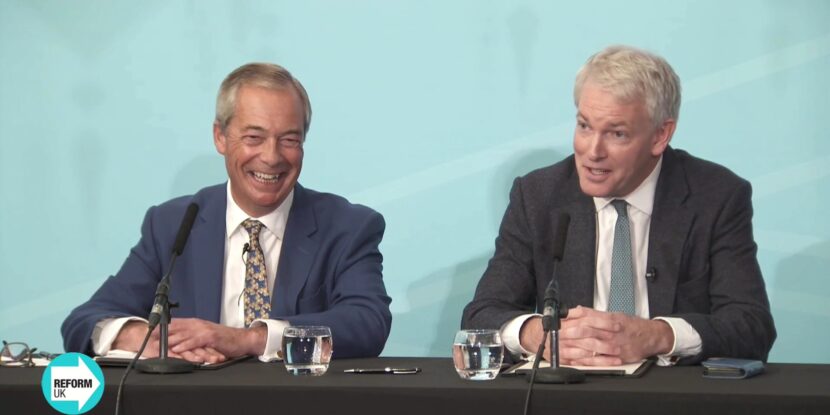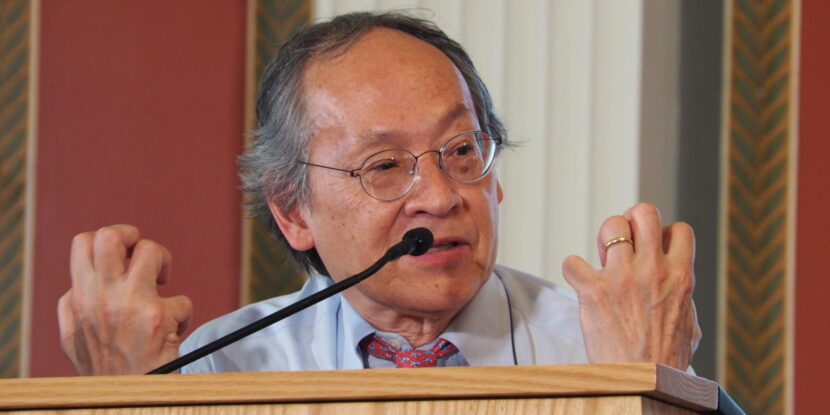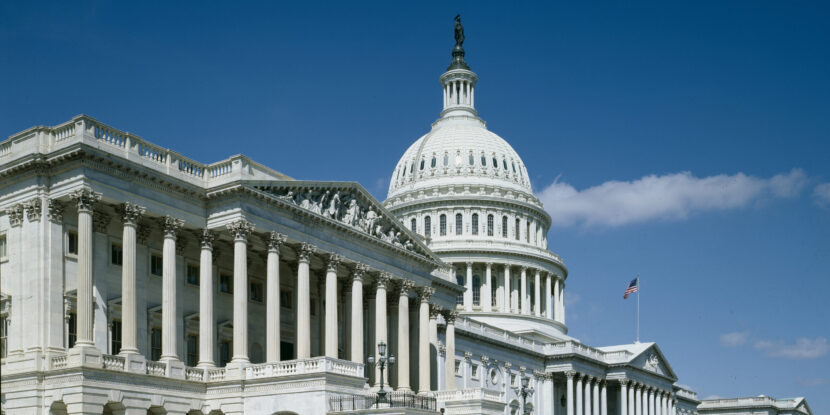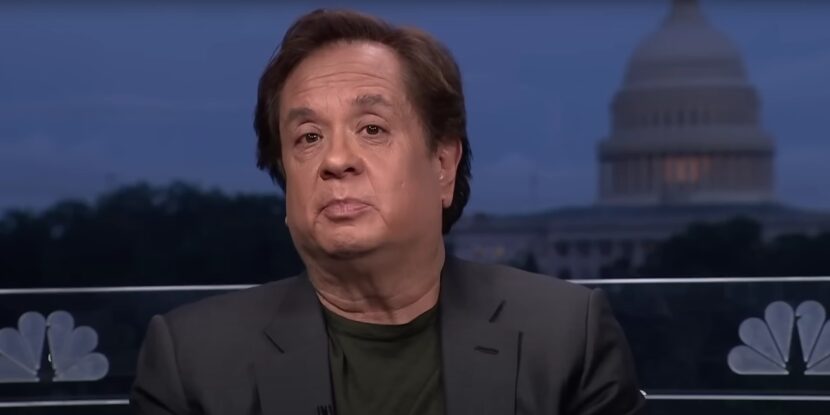❓WHAT HAPPENED: The State of Texas is revoking over 100 teacher certifications due to inappropriate social media posts about the assassination of Charlie Kirk.
👤WHO WAS INVOLVED: Texas Governor Greg Abbott (R), Texas Education Agency (TEA) Commissioner Mike Morath, Republican State Rep. Hillary Hickland, and Republican State Sen. Mayes Middleton.
📍WHEN & WHERE: The investigation began Friday in Texas following Kirk’s assassination on Wednesday at Utah Valley University.
💬KEY QUOTE: “Educators cheering murder must not only be fired, but also placed on do-not-hire registries and stripped of their certifications. There must be zero tolerance for this.” – Republican State Sen. Mayes Middleton
🎯IMPACT: Texas is taking strong measures to ensure educators who promote violent rhetoric are held accountable and prevented from teaching again.
The Texas state government announced that more than 100 school teachers are set to lose their certification over “reprehensible and inappropriate” celebrations of the assassination of Turning Point USA founder Charlie Kirk. Governor Greg Abbott (R-TX) announced the revocations on Tuesday, revealing that the Texas Education Agency (TEA) launched an investigation last Friday into teachers it alleges “have proliferated such vile content.”
Local Texas news outlets report that state officials have already received over 180 complaints regarding educators who have either celebrated or justified Kirk’s assassination. “While the exercise of free speech is a fundamental right we are all blessed to share, it does not give carte blanche authority to celebrate or sow violence against those that share differing beliefs and perspectives,” the Texas Education Agency (TEA) announcement states.
One incident involved a Pflugerville ISD employee who posted that she refused “to feel bad about the death of a Nazi,” a comment highlighted by State Representative Hillary Hickland (R). Meanwhile, Texas State Senator Mayes Middleton (R) has called for stricter actions, stating, “Educators cheering murder must not only be fired, but also placed on do-not-hire registries and stripped of their certifications. There must be zero tolerance for this.”
Sen. Middleton further emphasized, “Their behavior proves they are unworthy of ever being entrusted with educating students again. No half measures and no passing the trash—our children must be protected from these vile individuals. I will fight to ensure they are held fully accountable.”
On Tuesday afternoon, Utah County Attorney Jeff Gray formally charged Tyler Robinson with the murder of Charlie Kirk. The charges include aggravated murder, felony discharge of a firearm, obstruction of justice, witness tampering, and committing a violent offense in the presence of a child.
Gray also confirmed that Robinson was in a relationship with a male-to-female transgender named Lance Twiggs, and had been becoming increasingly left-leaning and focused on gay and trans rights, citing his relatives.
Join Pulse+ to comment below, and receive exclusive e-mail analyses.










